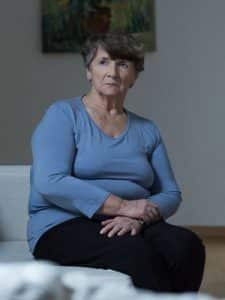Maine is in the midst of a loneliness health crisis and the state’s health organizations are focusing their efforts to provide supports and services for residents struggling with social isolation.
A recently published report based on research conducted by Cigna earlier this year revealed some stunning facts about the challenges of loneliness that have become increasingly common since before the pandemic. According to the new data, 58 percent of adults in the U.S. are considered lonely.
The report also shows that adults with mental health issues are more than twice as likely to experience loneliness than those with strong mental health. Of the one in four adults classified as having mental health concerns, 85 percent reported being lonely co...

